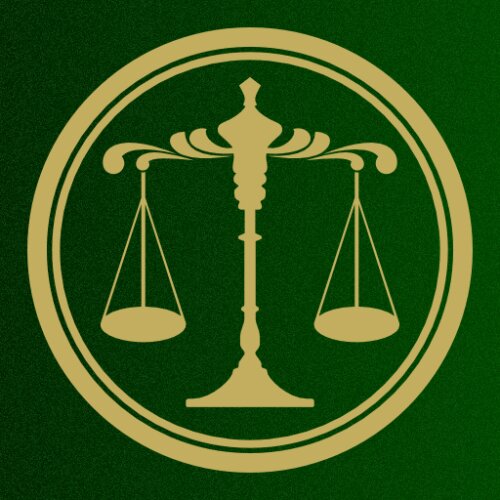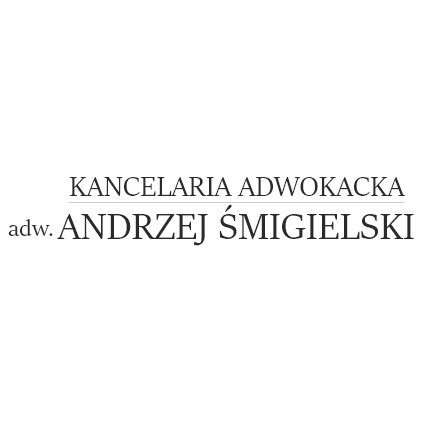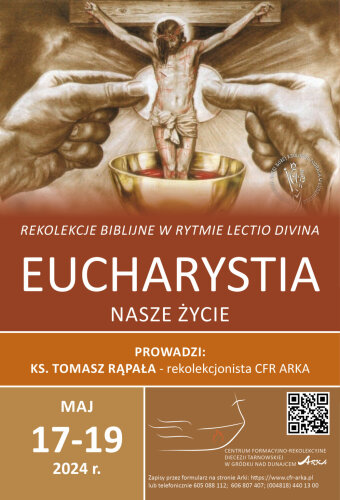Best Animal Law Lawyers in Poland
Share your needs with us, get contacted by law firms.
Free. Takes 2 min.
Or refine your search by selecting a city:
List of the best lawyers in Poland
About Animal Law in Poland
Animal law in Poland is a complex and evolving field that encompasses various aspects of legal responsibility concerning animals. It aims to protect the welfare of animals and regulate human interaction with them. The core of animal law in Poland is governed by the Animal Protection Act of 1997, which sets out the fundamental principles for the humane treatment of animals. This includes regulations on keeping animals, animal breeding, transport, and slaughter. Additionally, Poland is a member of the European Union and adheres to EU directives related to animal welfare.
Why You May Need a Lawyer
There are numerous scenarios where individuals or organizations might need legal assistance in animal law. These can include cases where pets have been subject to neglect or abuse, disputes over animal custody, issues with pet purchase agreements, and compliance with national and EU regulations in animal businesses. Farmers, breeders, and animal-focused NGOs may also require legal guidance to navigate the statutory requirements related to animal husbandry, welfare, and rights.
Local Laws Overview
Animal law in Poland is principally guided by the Animal Protection Act, which mandates humane treatment and aims to prevent cruelty. It includes specific regulations on the treatment of both domestic and farm animals. Other relevant laws include regulations on animal transport, breeding, and slaughter, which must comply with both national standards and EU laws. Violations of these laws can result in penalties, including fines, suspension of business operations, or criminal charges, depending on the severity of the offense.
Frequently Asked Questions
What should I do if I witness animal abuse?
If you witness animal abuse, it is important to report it immediately to the local authorities, such as the police or veterinarians. Documenting evidence, such as photos or videos, can be useful in supporting your report.
Are there laws regulating the sale of pets?
Yes, Poland has laws regulating the sale of pets. The conditions in pet shops, breeders, and during transportation are strictly controlled under the Animal Protection Act to ensure the animals' well-being.
Can I legally adopt a stray animal?
Adopting a stray animal in Poland is generally legal, but it is advisable to report the adoption to local authorities or a shelter to ensure compliance with local regulations.
What are the legal requirements for keeping exotic pets?
Keeping exotic pets in Poland requires compliance with specific regulations regarding their care and welfare. Some species may require special permits or licenses.
How are animal welfare laws enforced?
Animal welfare laws are enforced by local authorities, the police, and veterinarians in Poland. Violations can lead to penalties, fines, and legal proceedings.
Is it legal to use animals in entertainment?
There are strict regulations regarding the use of animals in entertainment, including circuses, zoos, or filming. These activities must comply with the Animal Protection Act's requirements to ensure humane treatment.
What are the penalties for animal cruelty in Poland?
Penalties for animal cruelty can range from fines to imprisonment, depending on the severity of the offense. Polish law treats serious cases of animal cruelty as criminal acts.
Are there laws protecting wild animals?
Yes, wild animals are protected under specific conservation laws that prevent their exploitation, trade, and destruction of their habitats.
What is the role of veterinarians in animal law?
Veterinarians play a crucial role in enforcing animal welfare laws, providing necessary care and treatment, and reporting cases of abuse or neglect to the authorities.
How can abuses in animal testing be reported?
Abuses in animal testing can be reported to relevant governmental bodies or organizations responsible for enforcing ethical standards in research and testing.
Additional Resources
If you are seeking more information or assistance related to animal law in Poland, consider reaching out to the following: - The Polish Society for the Prevention of Cruelty to Animals (PTOnZ) - Fundacja Viva! Polish Foundation for Animal Care - Local veterinary clinics and animal shelters - Governmental bodies such as the Ministry of the Environment and Regional Environmental Protection Inspectorates
Next Steps
If you need legal assistance in animal law, consider the following steps: - Assess the nature of your issue and gather relevant documentation. - Contact a lawyer specializing in animal law for professional guidance. - Report any criminal activities or breaches of animal law to the appropriate authorities. - Consider mediation or legal action if disputes over animal welfare cannot be resolved informally.
Lawzana helps you find the best lawyers and law firms in Poland through a curated and pre-screened list of qualified legal professionals. Our platform offers rankings and detailed profiles of attorneys and law firms, allowing you to compare based on practice areas, including Animal Law, experience, and client feedback.
Each profile includes a description of the firm's areas of practice, client reviews, team members and partners, year of establishment, spoken languages, office locations, contact information, social media presence, and any published articles or resources. Most firms on our platform speak English and are experienced in both local and international legal matters.
Get a quote from top-rated law firms in Poland — quickly, securely, and without unnecessary hassle.
Disclaimer:
The information provided on this page is for general informational purposes only and does not constitute legal advice. While we strive to ensure the accuracy and relevance of the content, legal information may change over time, and interpretations of the law can vary. You should always consult with a qualified legal professional for advice specific to your situation.
We disclaim all liability for actions taken or not taken based on the content of this page. If you believe any information is incorrect or outdated, please contact us, and we will review and update it where appropriate.
Browse animal law law firms by city in Poland
Refine your search by selecting a city.
















